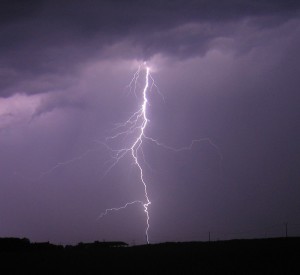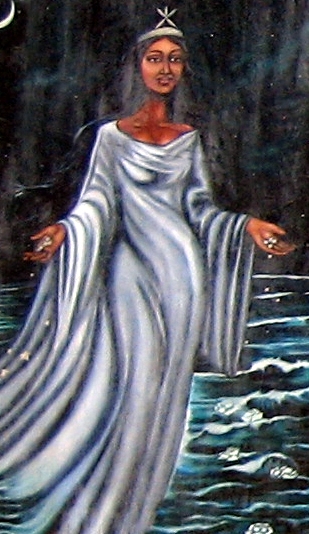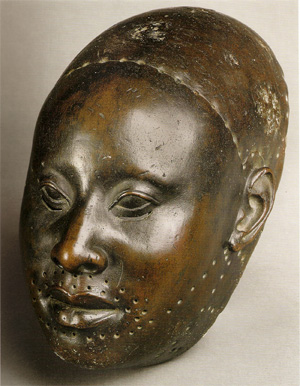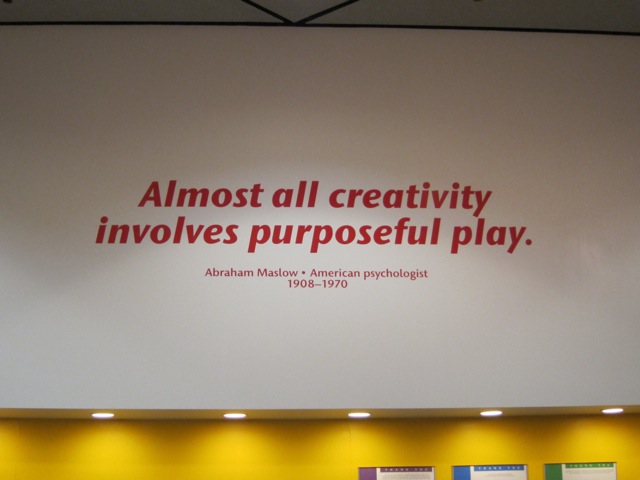Dear Fire Angel Baby,
Jewelry brings me joy. I delight in a little felt box with a bow as much as any other woman. So when my Facebook feed showed a Tiffany blue box, my heart raced a bit, until I noticed that it was a weapon. Diamonds don’t kill. Confused? Me too! Here, let me show you:

This… I don’t understand. My friend was asking for this for Mother’s Day. Mother’s Day! So there you are, all us Mamas packing heat, walking around like James Bond.
Fire Angel Baby, please tell me, should I be packing heat in Texas?
Sincerely,
Looking for Designer Bullet-Proof Vests
Dear Looking,
Rest assured that Tiffany does not sell this product. Individual gun shops paint plain pistols then add the accessories, much to the dismay of Tiffany’s brand identity police. But what an image!
Of course your heart races at Tiffany blue. The color alone conjures luxury, abundance, romance, passion. The heart also races at the sight of a handgun, but that’s because of fear, violence, the threat of coercion. By making the gun the object of affection, this photo elicits both forms of adrenaline at once. Someone painted this gun lovingly. They adorned it with a heart.
 Mythologically guns belong first and foremost to the thunder gods. Zeus in Greece, Indra in India, Shango in African traditions — they all throw lightning bolts really fast, really loud, bolts that can kill you before you know what happened. But because these gods are kings, asking for a gun for Mother’s Day mixes mythic metaphors. When the King usurps the festival of the Mother, goddesses object. Demeter in Greece, Durga in India, and Yemaya in Africa all have different interests than the lightning gods.
Mythologically guns belong first and foremost to the thunder gods. Zeus in Greece, Indra in India, Shango in African traditions — they all throw lightning bolts really fast, really loud, bolts that can kill you before you know what happened. But because these gods are kings, asking for a gun for Mother’s Day mixes mythic metaphors. When the King usurps the festival of the Mother, goddesses object. Demeter in Greece, Durga in India, and Yemaya in Africa all have different interests than the lightning gods.
Ideally, a king serves his realm by establishing fruitful alliances with neighboring kingdoms, by making sure the people are sheltered, fed, and supplied with the resources they need to work and play. Your inner kingliness accomplishes all this on behalf of the realm that is your own life.
But sometimes kings get out of control. Thinking they have to do everything themselves, they get defensive. They gather weapons. They load the weapons. They love the weapons. Eventually the weapons take over, inducing the kings to claim power by taking others’ lives in yet another heartbreaking mass shooting.
Heroes, by the way, so often don’t carry guns — firefighters, teachers, doctors, parents. (Here’s looking at you, Looking.) Remember the men who stopped the gunman on the train in France? They charged a would-be murderer with only their courage, strength, and quick wits — their beautiful, unmetaled humanity.
Still, we buy guns. We elect representatives who pour our collective treasure into a preponderantly military budget. The government, in collusion with the NRA, continues to protect the easy exchange of our beloved guns, like medieval knights sworn to a lady’s service.

See how we twisted the roles? We put guns on the throne, kings on their knees. But guns rule as tyrants, demanding ransom in blood on a regular basis. We need our kings on their feet to put the guns in the armory then address themselves to the business of collaborative, compassionate administration — working with mothers, builders, artists, and doctors to balance the budget with generosity, a sense of style, a flair for peace. Lightning has a place in the natural order, but so do wind, water, earth, and life.
You’ve got some interesting archetypal pressures in Texas, where gun-toting, go-it-alone individualism takes on legendary proportions. But you assert your individuality brilliantly, Looking. Yemaya loves the way you sidestep the mainstream, creating connections and community in your own gorgeous way.
Thanks for the juicy image.
Your loving,
F. A. Baby







